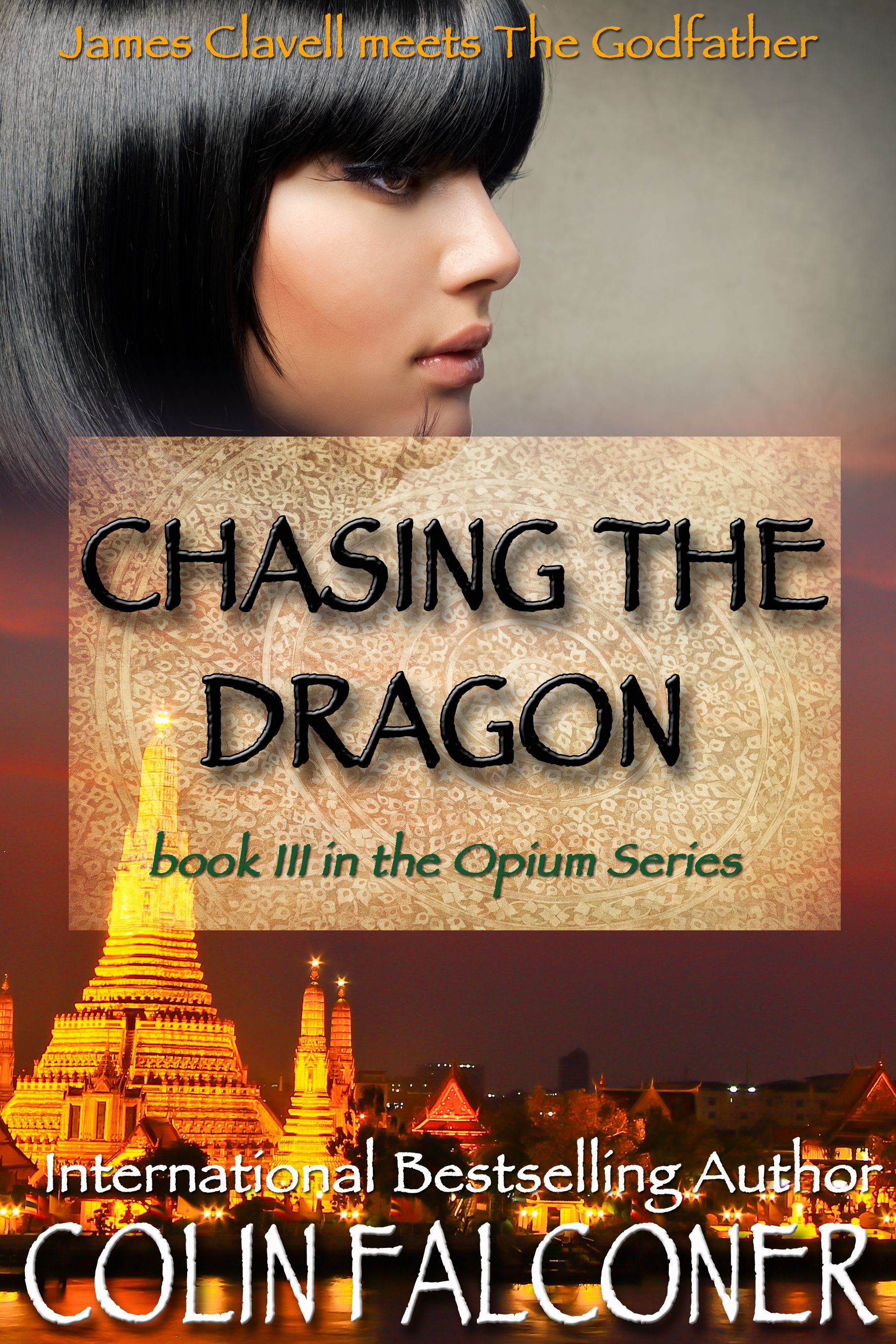When people think of bad, bad women they perhaps think of Isabella the First - the woman who commissioned Torquemada - or Bloody Queen Mary, the scourge of Protestant England. Few people have heard of Hürrem Haseki Sultan, or Roxelana, as she is better known in Europe. Yet she made Anne Boleyn, one of her contemporaries, look like a milquetoast. Anne, after all, fell out of favour with her king and ended up with her head on the block.
Roxelana married the Sultan of the Ottomans, had him throw out his entire harem, and kept him in her thrall the rest of her life.
By fair means or foul.
Roxelana was born in the Ukraine and at some time in her teens found herself a concubine in the harem of the Ottoman Sultan Suleiman, Lord of Lords, King of Kings, Possessor of Men’s Necks. Her portraits suggest classical features and blazing red hair. Her history reveals a woman of ruthless ambition with the strategic intelligence of a chessmaster.
What was a harem like? Victorian paintings depict dream-like canvases of half naked young women soaping each other in what look like Asiatic day spas. In reality the old harem of Suleiman’s time was a grim and twilight maze of dark panelled rooms where the sun seldom penetrated. It was a snake pit; imagine, if you will, a cross between a Miss World contest and a reality show, where the winner becomes an Empress and the other three finalists are drowned in a sack. Oh, and all the runners-up never ever get to leave the house.
Which leads us to the story of Suleiman the Magnificent and Roxelana. Her influence over him from moment she replaced his long term favourite, Gulbehar, was pervasive. Yet she would have known that his throne would pass to the oldest male heir, and the Osmanli Code of Laws allowed the Sultan elect to execute all his brothers to secure it. In other words she knew that she, and all her children, were just a heartbeat away from catastrophe.
Then three things happened that historians cannot rationally explain. First, the harem conveniently burned down, which meant that Roxelana and her entire entourage had to move into Suleiman’s palace, until a new harem could be built. But it never was, and Roxelana stayed right where she was.
The second occurrence was no coincidence; it was, quite simply, astonishing. The Sultan married her. A Sultan had not taken a queen since the Ottomans lived as nomads on the plains. Then, to compound the amazement of all Stamboul, he resigned his entire harem.
To this point it reads like a Hollywood screenplay; a powerful and potent man giving up everything for the woman he loves. Pretty Woman with sherbets and turbans. But Roxelana had another agenda entirely, and it had nothing to do with love. Historians can only speculate why and how she did what she did next. But as a novelist, it’s not that hard to imagine.
It resulted in one of her sons, Selim the Sot, a drunkard and a lecher and the least able man in Suleiman’s entire circle, inheriting the Sultanate. It happened because, like a great Shakespearian tragedy, all the other candidates had been murdered.
But Roxelana herself never reached absolute power, though her scheming was to affect the Ottoman empire for centuries to come. She died before Selim’s moment of glory. Suleiman himself mourned her until his own death eight years later.
Money, power, conquests; it seems none of it guarantees happiness in the end. What happened after Suleiman married Roxelana is one of the most tragic stories of any prince, from east or west. They now share a tomb in the garden of the Suleimaniye mosque in Istanbul. A grapevine of blood-red amaranthus flowers straggles over the the tomb. The flower is known locally as ‘love lies bleeding.’
Go there on a quiet summer’s day and I swear you’ll hear him whisper the words of one of his poems:
“What men call empire is worldwide strife and ceaseless war. In all the world the only joy lies in a hermit’s rest.”
| photograph: Giovanni dall’Orto |
There has been much written about the Tudors and their scheming. But Roxelana made the Boleyn sisters look like the Sisters of Charity. Henry and Suleiman were contemporaries but Henry VIII was lucky. He only had six wives to contend with. Suleiman had three hundred - and picked out the worst of the lot.
HAREM is available on
Amazon US http://www.amazon.com/dp/B005MLA3Q8
or Amazon UK https://www.amazon.co.uk/dp/B005MLA3Q8
To read more, see my guest post today at Haley Whitehall’s blog at: http://haleywhitehall.com/guest-blog/































How did you come to know about her? I'm curious because I'm from Ukraine and I know about her. Have you read Pavlo Zagrebelniy's novel or watched a famous TV series of 1997?
I finished Harem a month ago, and I STILL find myself thinking about Hurrem and HATING her! She was so, so evil! Oh, man, and how she rendered the Sultan spineless…You did a great job of writing a book that made me have intense, long-standing emotions! Well done!
Oh my gosh, loved this post and I simply must read Harem, especially after reading Mydndi comment. I have read many books on the Tudors and it was interesting to read this in comparison. It boils down to your poor men just don't always mack the right choices!
Ah yes, beware the intelligent and ambitious woman. She'll whip your butt and make you like it. Loved this.
Fascinating, Colin! I hadn't heard of her. I too am curious to read Harem now.
Hi Colin, I've finished reading Harem and Seraglio and I adored both books. Couldn't stop reading them. This post on Roxelana is perfect for History and Women. I would love it if you would repost it there and I can add my reviews to it. Please let me know.
Finished reading Harem a few months ago. This woman makes me cringe till today. Shall keep the book away from my wife!
Wow! Well, after reading that, I'm hooked. I've added Harem to my list of books I want for Christmas. If the book is half as interesting as the history behind it, I'm sure I'm going to have a tough time putting it down. (Myndi's comment helped too. I love to hear from people who've already read a book.)
Colin, this book is one of my favorites of yours. I've never thought of Hurrem as being a bad person, but every bit a woman of her times. Remember, she was forced into harem life and made the best life a slave could for herself. She was clever to win and keep Suleiman's heart, and secure her children's interests. While she is guilty of many sins, I've always admired Hurrem's strength.
I've got to read that book-I've always been interested in all things Tudor, so your review has piqued my interest. Thanks!